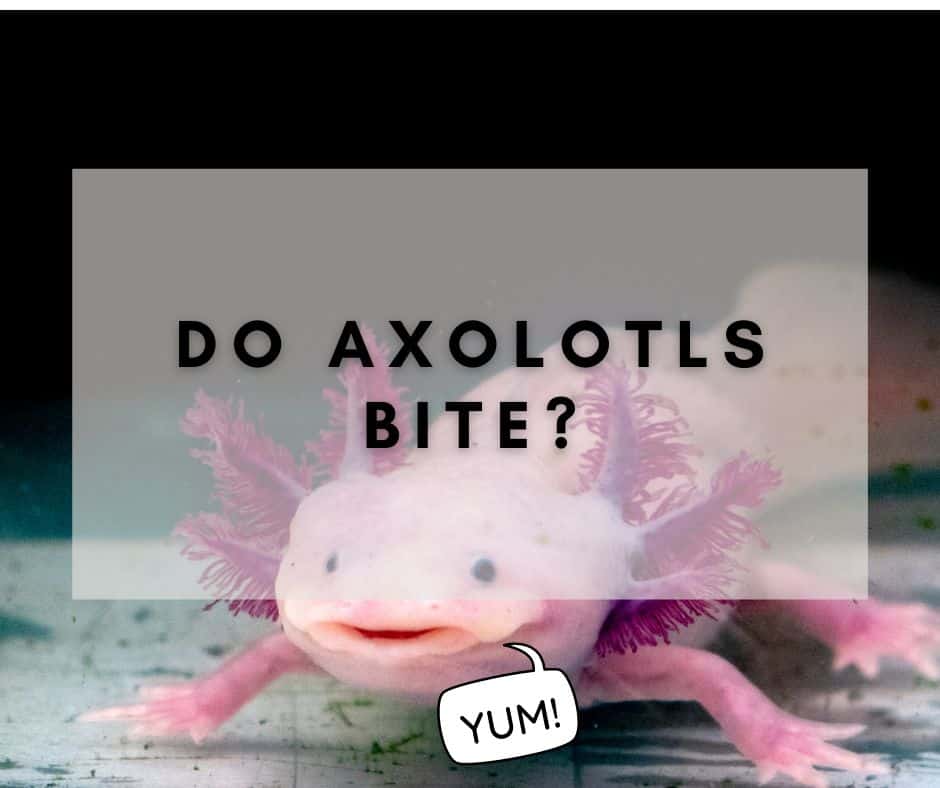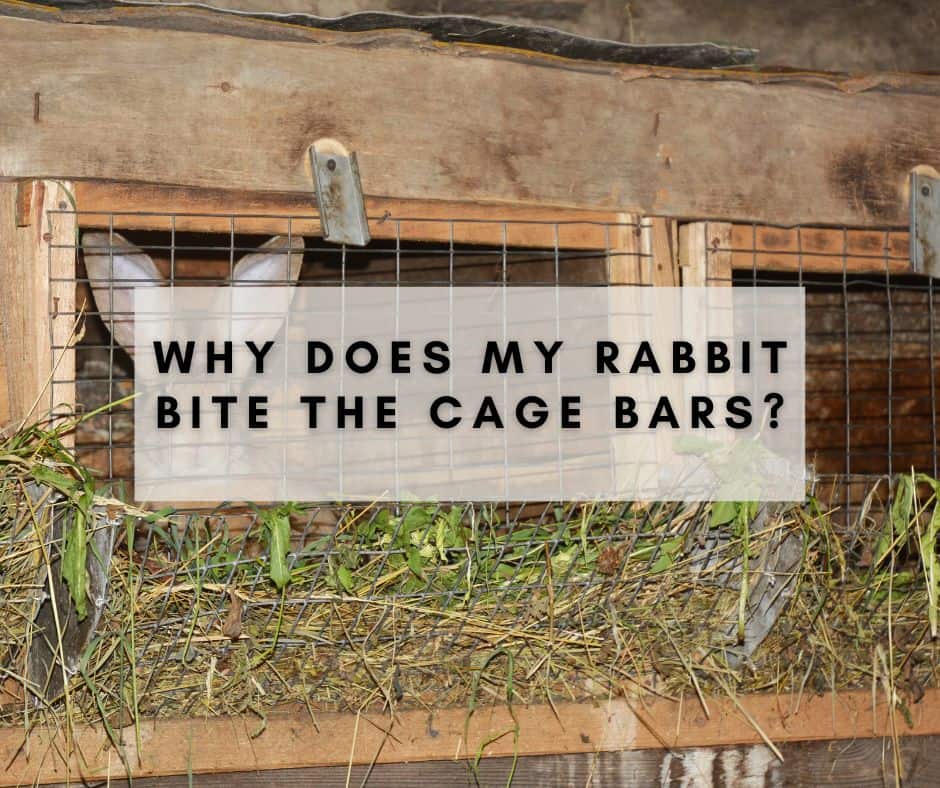
Axolotls are fascinating creatures that have captivated the attention of many animal enthusiasts. Native to the waterways of Mexico, these amphibians are known for their unique ability to regenerate lost limbs and organs. However, one question that often arises is whether axolotls bite.
Axolotls are not typically aggressive animals, and they rarely bite humans or other animals. In fact, their diet consists primarily of small fish, insects, and other aquatic creatures. While they may occasionally nip at each other during mating or territorial disputes, these bites are typically not harmful and do not cause any serious injury.
That being said, it is important to handle axolotls with care and respect. While they may not be aggressive, they can still become stressed or frightened if handled improperly. It is also important to note that axolotls have delicate skin that can be easily damaged, so it is best to avoid handling them too frequently or roughly. By treating these unique creatures with care and respect, you can enjoy their fascinating presence without any worry of being bitten.
Contents
Do Axolotls Bite?
Axolotl Teeth
Axolotls are a type of salamander that is known for their unique ability to regenerate lost body parts. They have sharp teeth, which they use to chew their food. Their teeth are delicate and made of cartilage, which means that they are not strong enough to harm humans. However, they can cause injury to their prey, which includes small fish, insects, and other aquatic creatures.
Axolotl Bite Risk
Axolotls are generally friendly and not considered dangerous to humans. They are not known to bite unless they feel threatened or are defending their territory. If an axolotl does bite, it is rare for the bite to cause harm or bleeding. However, there is a risk of infection if the bite breaks the skin, so it is important to clean the wound thoroughly.
Axolotls have permeable skin, which means that they can absorb chemicals and bacteria from their environment. It is important to take care of their habitat and water quality to prevent the growth of harmful bacteria. Axolotls are also sensitive to changes in their environment, so it is important to monitor their movement and behavior.
In aquariums, axolotls should be kept with other social creatures and fed a balanced diet to prevent underfed or cannibalistic behavior. They have a strong sense of smell and can become territorial, so it is important to provide enough space and hiding places for each axolotl.
Overall, axolotls are safe to touch and interact with as long as they are treated with care and respect. They are not venomous or poisonous and do not pose a threat to humans. As top predators in their range, they play an important role in their ecosystem and should be protected as a threatened species.
Axolotl Teeth
Axolotl Teeth Anatomy
Axolotls have sharp, delicate teeth that are unique among amphibians. Their teeth are made of cartilage, rather than bone, and are not attached to their jaws. Instead, they are embedded in the roof of their mouth and are used to grasp prey.
Axolotls have two types of teeth: incisors and vomerine teeth. The incisors are located at the front of the mouth and are used to grip prey, while the vomerine teeth are located further back and are used for crushing and grinding.
Axolotl Teeth Function
Axolotls are carnivores and use their sharp teeth to capture and eat prey. They are top predators in their habitat and are known to hunt a variety of prey, including insects, small fish, and even other axolotls.
Axolotls are also territorial and will use their teeth as a defense mechanism to protect their territory from other axolotls or predators. They have strong muscles in their jaws that allow them to bite down with great force.
In addition to their use in hunting and defense, axolotls’ teeth are also important for their unique ability to regenerate. Axolotls can regrow lost teeth, as well as other body parts, such as limbs and gills.
Overall, axolotls’ teeth are an important part of their biology and play a crucial role in their survival in their environment. It is important for those who take care of axolotls in aquariums to provide them with appropriate food sources and ensure the water quality is suitable for their sensitive, permeable skin. Underfed axolotls may become cannibalistic and try to eat their tank mates, so it is important to provide them with enough food to prevent this behavior.
Axolotls do not have the cognitive ability to recognize their owners in the same way that dogs or cats do. However, they may become accustomed to their owner’s presence and respond to them in certain ways, such as swimming towards them when they approach the tank.
Axolotl Bite Risk
Axolotls are generally friendly and docile creatures, but they do have teeth and are capable of biting. While bites are rare, it is important to understand the potential risks associated with handling and caring for axolotls.
Why would an Axolotl bite?
Axolotls may bite if they feel threatened or if they mistake a person’s fingers for food. It is important to note that axolotls have delicate skin and limbs, and their teeth are sharp. Biting can cause injury and bleeding, and may also introduce bacteria that can lead to infection.
Handling Axolotls
When handling an axolotl, it is important to do so gently and with care. Avoid grabbing or squeezing the axolotl, as this can cause them to feel threatened and potentially bite. Instead, support their body with both hands and allow them to move at their own pace.
Feeding Axolotls
When feeding axolotls, it is important to use tongs or a net to avoid accidentally nipping at their fingers. Axolotls have a keen sense of smell and will often mistake fingers for food, especially if their owner has just handled food. It is also important to ensure that their food sources are safe and appropriate, as underfed axolotls may become cannibalistic.
Overall, while axolotl bites are rare, it is important to take care when handling and feeding these unique creatures. Proper care and handling can help prevent bites and ensure the safety of both the axolotls and their owners.
Conclusion
In summary, axolotls have the potential to bite, but it is not a common occurrence. While they do have teeth, they are not sharp enough to cause significant harm to humans. However, it is important to handle them properly to avoid any potential accidents.
Axolotls are generally docile and friendly creatures, and they are not aggressive towards humans. They may bite if they feel threatened or scared, but this is rare. It is important to note that axolotls are not toys and should not be treated as such. They are living creatures that require proper care and attention.
Overall, it is safe to say that axolotls are not known for their biting behavior. As long as they are handled with care and respect, there should be no cause for concern. However, it is always important to be cautious and aware of any potential risks when handling any type of animal.
Frequently Asked Questions
Yes, axolotls have teeth, but they are not sharp. Their teeth are used for holding onto prey rather than tearing flesh.
No, axolotls are not poisonous. They do not produce any toxins that could harm humans or other animals.
Axolotls are generally harmless to humans. However, they may bite if they feel threatened or are mistreated. Their bites are not dangerous, but they can be painful.
Yes, you can hold your axolotl, but you should do so with care. Axolotls have delicate skin that can easily be damaged, so it is important to support their entire body when you pick them up.
Axolotls can make great pets for the right person. They are low-maintenance and fascinating to watch. However, they require specific living conditions and can be sensitive to changes in water quality.
Axolotls do not have the cognitive ability to recognize their owners in the same way that dogs or cats do. However, they may become accustomed to their owner’s presence and respond to them in certain ways, such as swimming towards them when they approach the tank.



